 Of Bears & Humans (start time: 1:34) If you live on the Front Range or in the mountains, you’ve probably seen a black bear while hiking or in your neighborhood. Black bears are thriving, but most of the other eight remaining bear species are struggling to survive. How On Earth host Susan Moran interviews journalist Gloria Dickie about her just-published debut book Eight Bears: Mythic Past and Imperiled Future (W.W. Norton). It explores conservation efforts to preserve the remaining species. Spoiler alert: the eight bears who inhabit Dickie’s book (and parts of the planet) are the black, brown, panda, moon, sun, sloth, and spectacled bears. Dickie’s work has appeared in many publications, including The New York Times, High Country News and National Geographic. She is currently based in London, as a global climate and environment correspondent for Reuters.
Of Bears & Humans (start time: 1:34) If you live on the Front Range or in the mountains, you’ve probably seen a black bear while hiking or in your neighborhood. Black bears are thriving, but most of the other eight remaining bear species are struggling to survive. How On Earth host Susan Moran interviews journalist Gloria Dickie about her just-published debut book Eight Bears: Mythic Past and Imperiled Future (W.W. Norton). It explores conservation efforts to preserve the remaining species. Spoiler alert: the eight bears who inhabit Dickie’s book (and parts of the planet) are the black, brown, panda, moon, sun, sloth, and spectacled bears. Dickie’s work has appeared in many publications, including The New York Times, High Country News and National Geographic. She is currently based in London, as a global climate and environment correspondent for Reuters.
Hosts: Susan Moran, Joel Parker
Producer: Susan Moran
Engineer: Joel Parker
Executive Producer: Shelley Schlender
Listen to the show here:
Podcast: Play in new window | Download (Duration: 26:39 — 24.4MB)
Subscribe: RSS



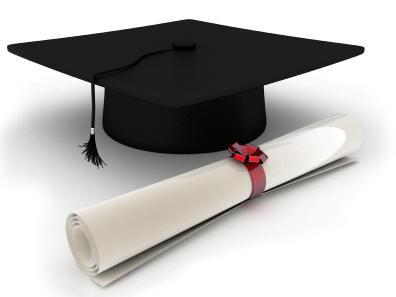 With graduation season upon us, today’s edition of How on Earth is Part 2 of our annual “Graduation Special”. Our guests in the studio today are scientists and engineers who have or will soon receive their Ph.D. from the
With graduation season upon us, today’s edition of How on Earth is Part 2 of our annual “Graduation Special”. Our guests in the studio today are scientists and engineers who have or will soon receive their Ph.D. from the 
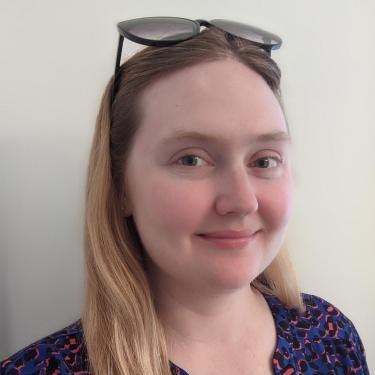 Kathleen McGuire –
Kathleen McGuire – 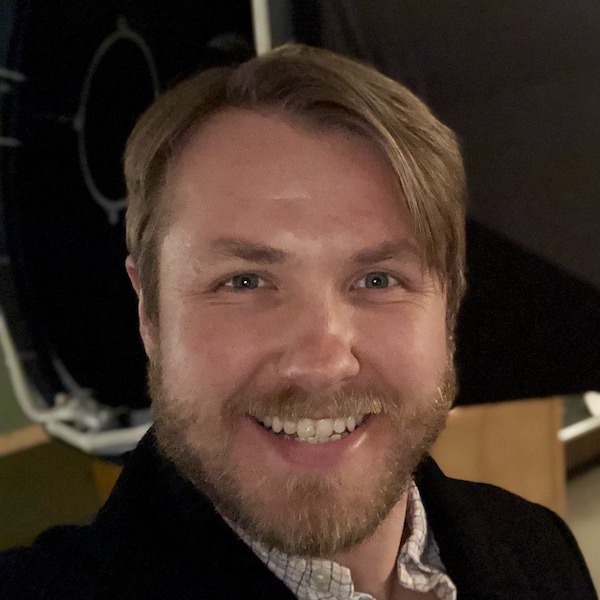
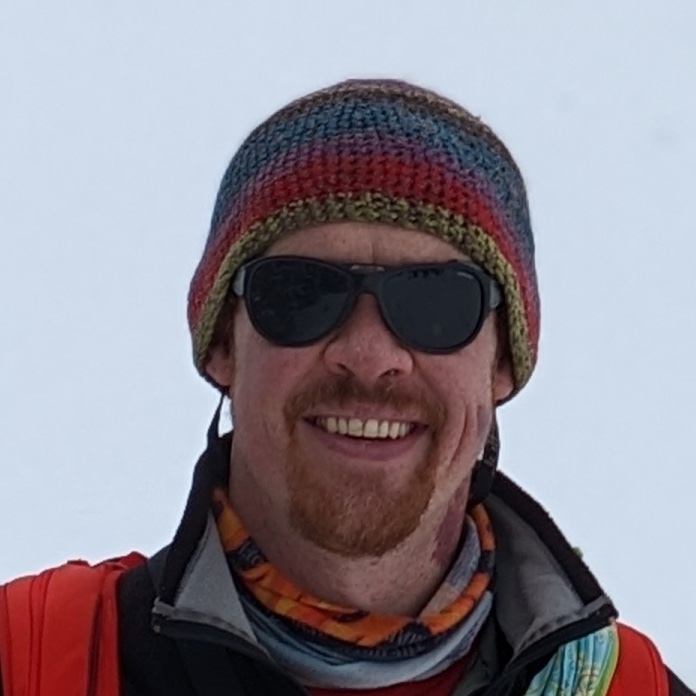
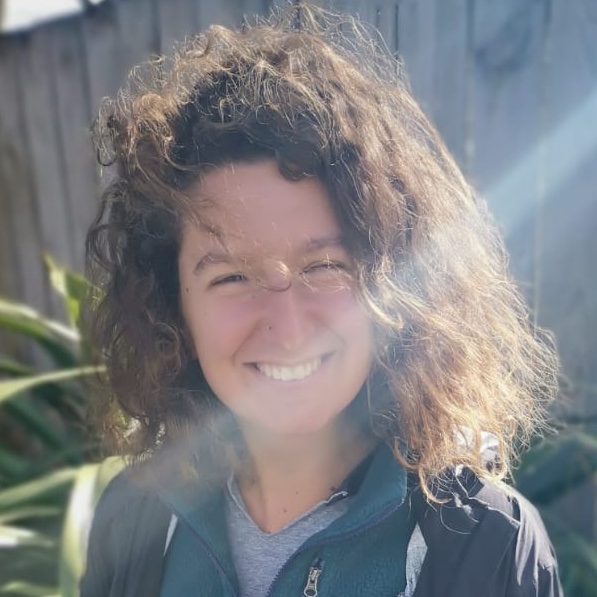 Amanda Hampton –
Amanda Hampton – 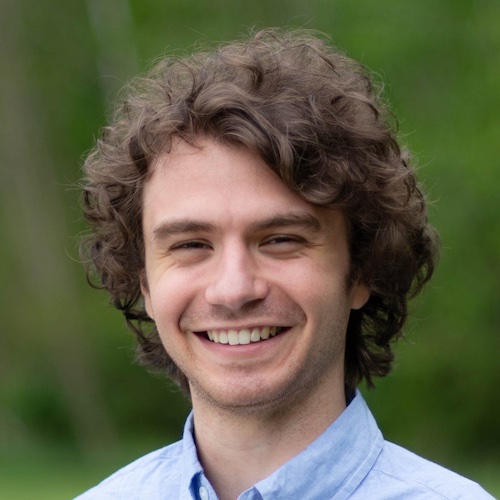


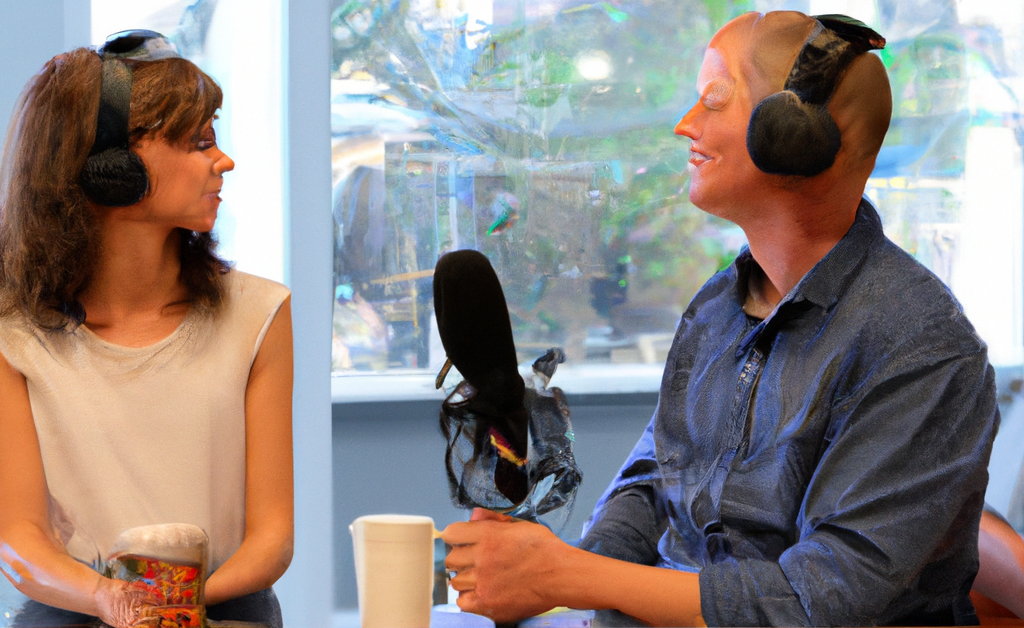
 NASA’s
NASA’s 
 Dr. Ryan Lau (Assistant Astronomer,
Dr. Ryan Lau (Assistant Astronomer,  Unruly Planet (start time: 5:31) This week on How On Earth Susan Moran interviews science journalist
Unruly Planet (start time: 5:31) This week on How On Earth Susan Moran interviews science journalist  How on Earth’s Beth Bennett talks with authors
How on Earth’s Beth Bennett talks with authors